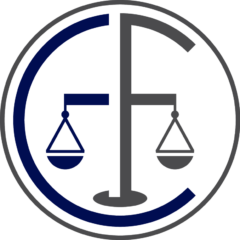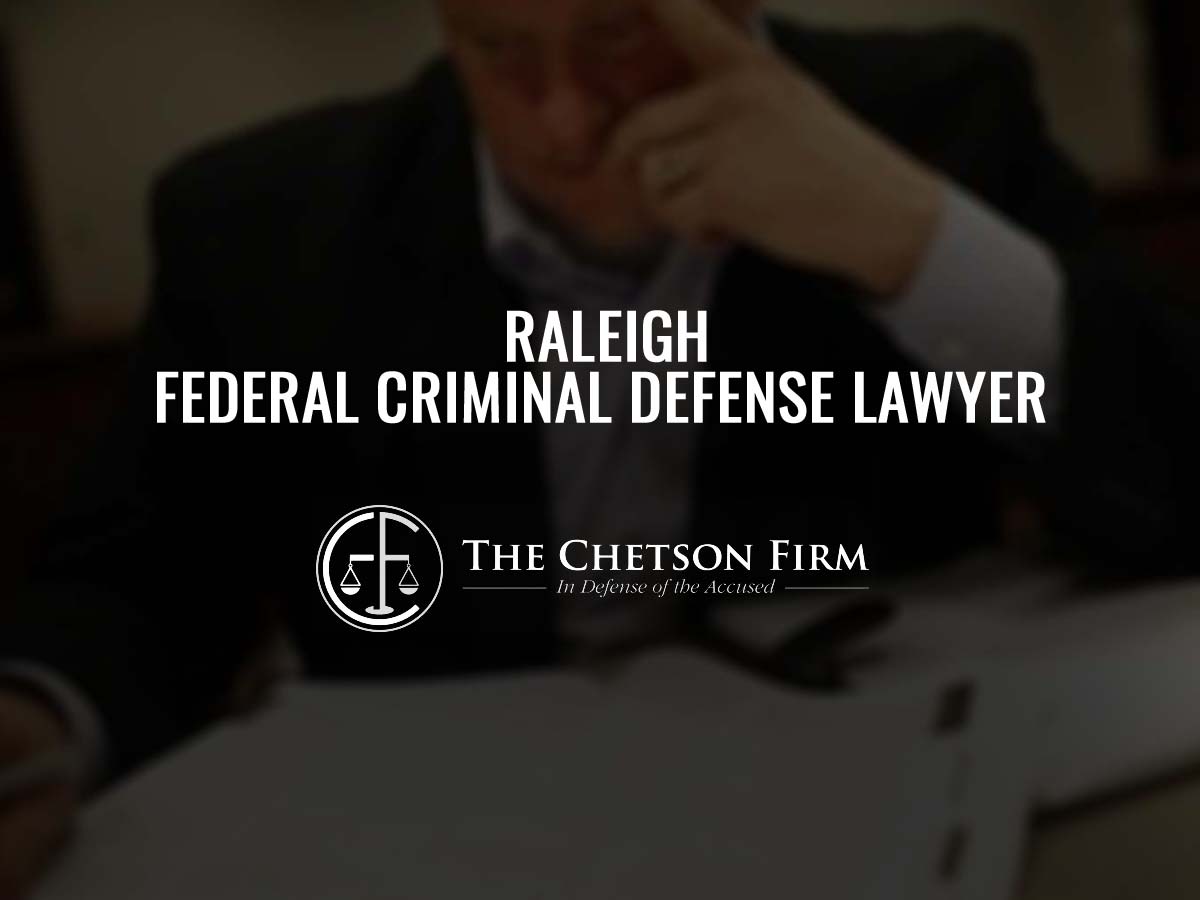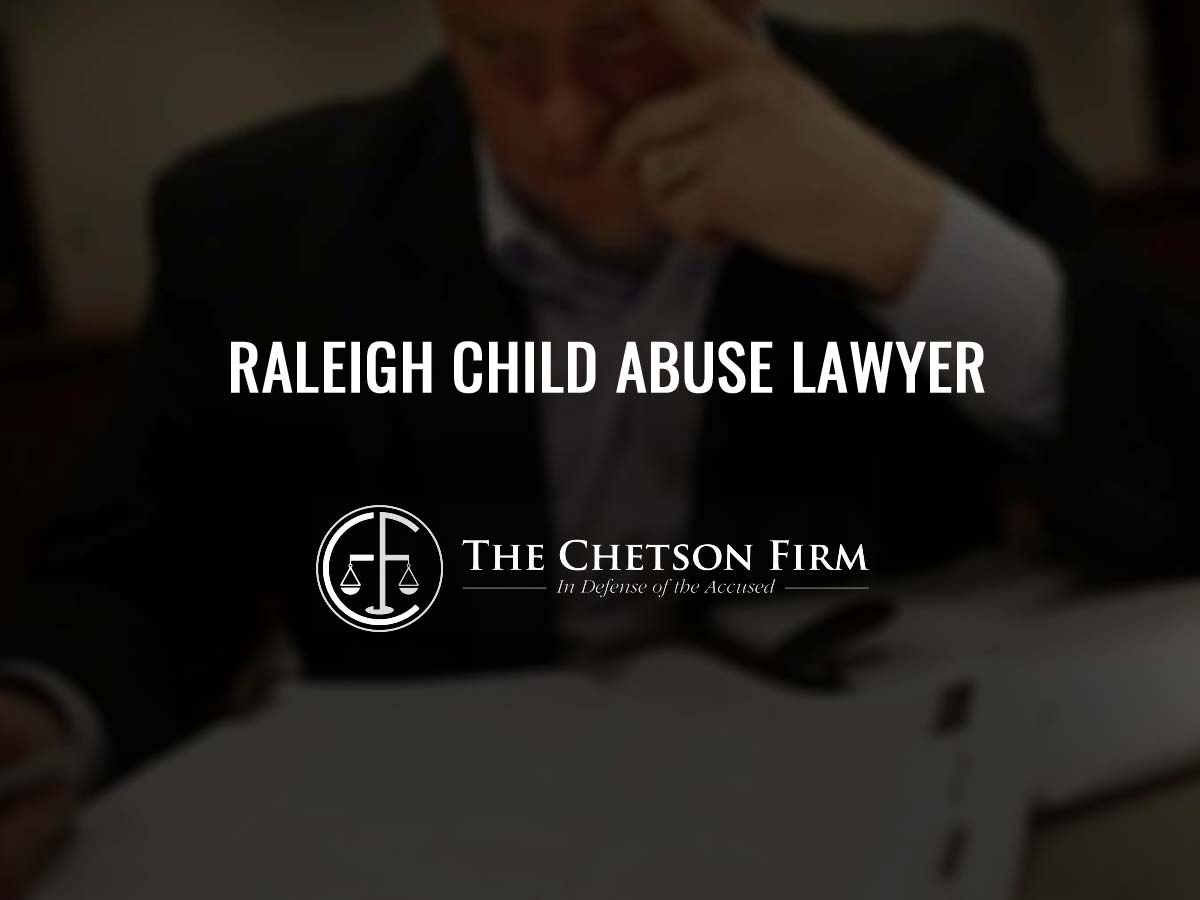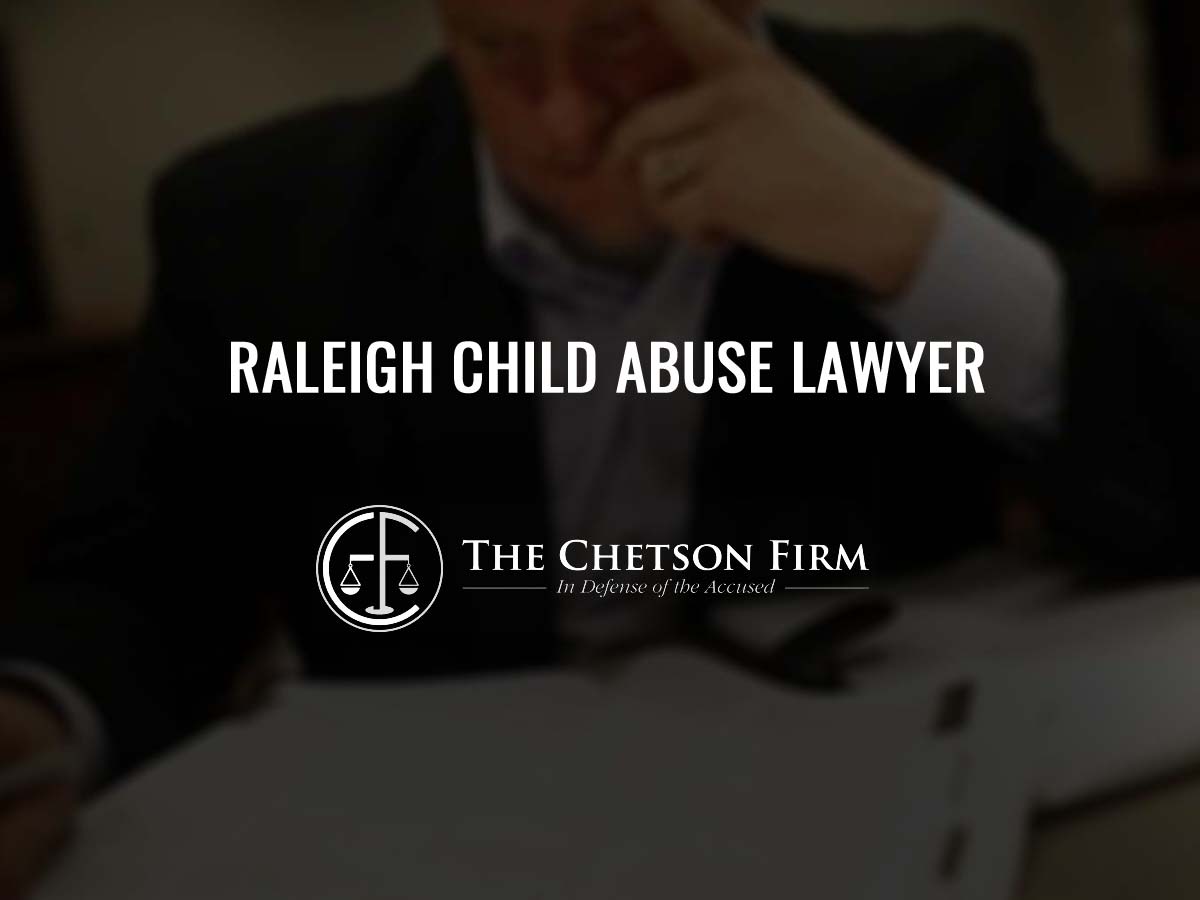Upon conviction for a misdemeanor or felony in most courts, including North Carolina’s state courts, the judge may have the discretion to impose a probationary sentence. Many people are confused about what probation is.
In general, there are two forms of probation – supervised and unsupervised. (In North Carolina, and possibly other jurisdictions, there is intensive probation, which is a special, enhanced form of supervised probation.)
Let’s talk about unsupervised probation. If you’ve been convicted of a misdemeanor and have an otherwise clean or fairly clean criminal record, you may be placed on unsupervised probation. (Unsupervised probation is even possible, although not usually given, for low level felony convictions as well.)
When putting someone on unsupervised probation, the judge may say something like this: “I sentence you to 30 days in jail, suspended and put you on unsupervised probation for 12 months.”
How does this work? Assuming no other punishments have been imposed, you walk out of court that day without having to serve any jail sentence. And, provided you stay out of trouble – meaning have no new criminal charges in the next 12 months – and otherwise comply with whatever restrictions imposed by the judge, you will complete probation successfully. The criminal conviction will remain on your record. You are not eligible (if you’re over 18) for an expungement in North Carolina if you’ve been convicted of a crime. But, after the 12 months pass, there is no threat of jail being imposed for that conviction.
However, a violation of unsupervised probation during the 12 month period will put you in jail for up to 30 days following a brief revocation hearing.
Unsupervised probation is basically a warning from the court: “Don’t get into any new trouble or else!”
Supervised probation is much different. If you’ve been placed on supervised probation, you must check in with a probation officer who will be assigned to you by the North Carolina Community Corrections office (part of the Department of Corrections). There are restrictions on your travel – you are not permitted to travel out-of-state except with prior approval of your probation officer. You may be required to submit to periodic searches. You will be required to be in school or either employed or looking for a job. And you may be required to comply with other court ordered requirements, including restitution, payment of supervised probation fees, getting a high school diploma or GED, performance of community service, substance abuse treatment programs, anger management programs, and so forth.
Violation of any of those conditions may cause revocation of probation.




